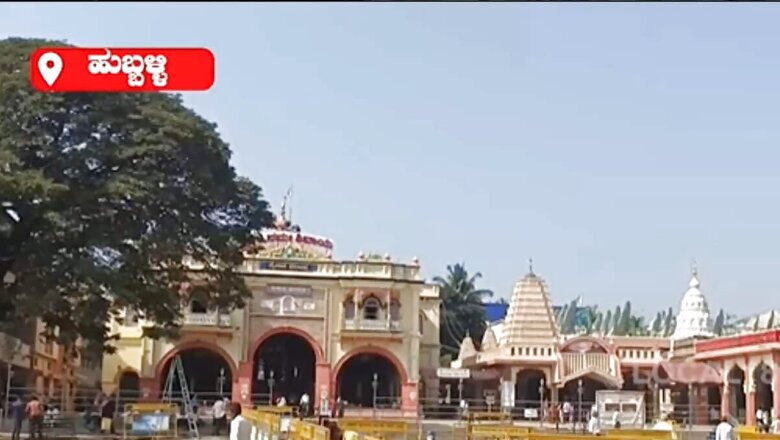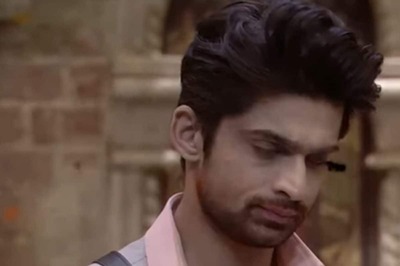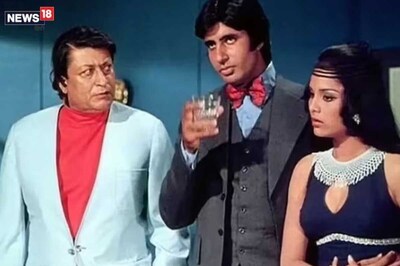
views
The Siddaramaiah government in Karnataka has recently withdrawn the bill on levying taxes on revenues generated from the temples of the state. The bill had garnered strong reactions from the Opposition BJP in the state who has accused the Congress government of being “anti-Hindu”.
The Congress government is mulling presenting the Karnataka Hindu Religious Institutions and Charitable Endowments (Amendment) Bill, 2024 for the second time in the state assembly after the Bill was defeated in the Legislative Council by the Opposition BJP-JDS combine on Friday.
The Bill is being considered for tabling at the later stage when the Congress has a majority in the Council, according to The Indian Express report, quoting party leaders.
The Karnataka Legislative Council has 76 members, in which BJP-led NDA has the majority with 35 members, while the Congress has only 30 MLCs. The BJP’s strength was crucial in rejecting the temple tax bill.
Karnataka Chief Minister Siddaramaiah said that the allegations regarding the amendments to the Bill “appear to be misrepresented”, “aiming only at misleading the public” and “polarizing people along communal lines for political leverage.”
What Does the Bill Say?
The Karnataka government has proposed to impose 10% tax on temples with revenues more than Rs 1 crore and 5% tax on those earning between Rs 10 lakh and Rs 1 crore.
Under the existing law, temples are divided into three categories based on the revenues they generate: Temples earning more than Rs 25 lakh are classified as Grade A, those earning between Rs 5 lakh and Rs 25 lakh are categories as Grade B while those earning less than Rs 5 lakh are under Grade C.
Karnataka has nearly 34,000 Grade C temples, besides 250 Grade B, and 67 Grade A temples, according to a report by The Times of India.
The report further said the state government is allowed to allocate 5% of Grade B revenues and 10% of Grade A revenues to Grade C temples for their maintenance.
The new bill mandates ‘Muzrai’ temples with annual income of Rs 1 crore to contribute to 10% of their income to Dharmik Parishad and 5% to be paid by shrines with revenues of Rs 10 lakh to Rs 1 crore, and redistribute among Grade C temples.
The common pool fund, administered by ‘Rajya Dharmika Parishath’, is proposed to be used for Archakas’ (priests) welfare and upkeep of ‘C’ category temples (state-controlled).
Controversy Over the Bill
BJP state president Vijayendra Yediyurappa alleged that the government passed the bill to replenish its coffers from the tax collected from the temple. “Why only Hindu temples are targeted for revenue, leaving out other religions, is a question raised by millions of devotees. Instead of grabbing the devotees’ money, the government can install “donation boxes” so that the concerned citizens can help this penniless govt boost its revenue as a gesture of goodwill,” he said as quoted by Moneycontrol.com.
Union Minister Rajeev Chandrasekhar also criticised the Congress government in Karnataka, terming its move to pass the Bill a “new low” for the state’s ruling party. “Every time you think Rahul’s Congress cannot fall any lower, along comes an example of them falling even lower,” Chandrasekhar was quoted by PTI as saying.



















Comments
0 comment